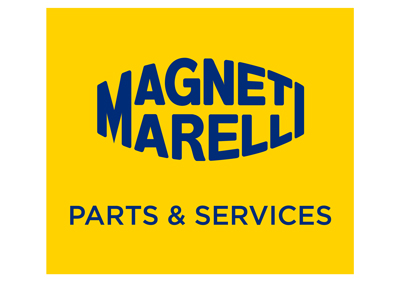Actuators
Actuators are an essential part of electronic control systems in passenger cars and commercial vehicles. It is their job to convert the electrical signals from the control unit into an action. Most actuators are electric motors...
Function

Actuators are an essential part of electronic control systems in passenger cars and commercial vehicles. It is their job to convert the electrical signals from the control unit into an action. Most actuators are electric motors or electro-magnetic valves. They adjust flaps, for example, regulate the flow of fluids or actuate pumps to build up pressure (e.g. in brake and steering systems).
In the engine control system, actuators regulate the
- idle speed,
- control air flaps for torque and power optimisation and
- meter fuel for optimum combustion.
In convenience systems they are used to lock and unlockcar doors, for example, or for the remote control of fuel filler flaps, boot lids, engine bonnets and storage compartments.
Safety
In recent years, powerful actuators in all manner of different designs have made numerous safety and assistance functions possible. Actuators are the means via which drivers are provided with assistance in critical situations, thus helping to avoid accidents or moderate their severity.
Environmental protection
Increasing awareness of the environment on the part of drivers accompanied by rises in fuel prices are placing ever more stringent demands on modern vehicles with regard to low fuel consumption and low pollutant emissions – but this must not be at the expense of top performance and ride comfort. These requirements can only be met with powerful actuators that are able to supply the necessary amount of fuel to the engine with absolute precision and accurately control fresh air supply and exhaust gas recirculation in order to optimise performance and pollutant characteristics.








